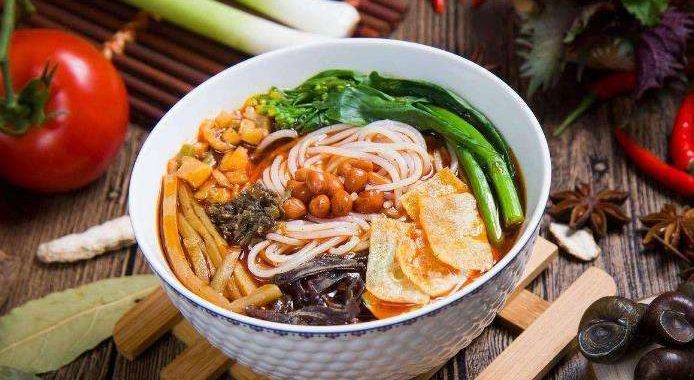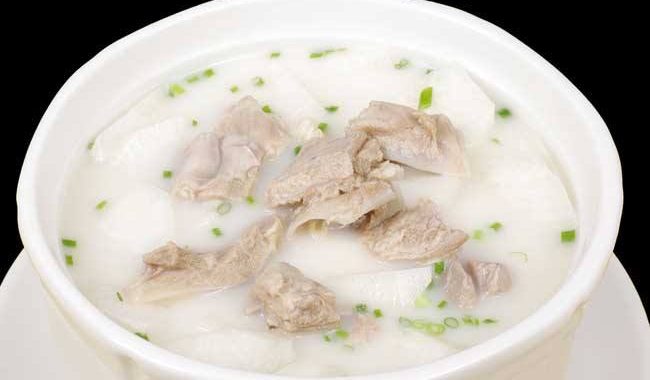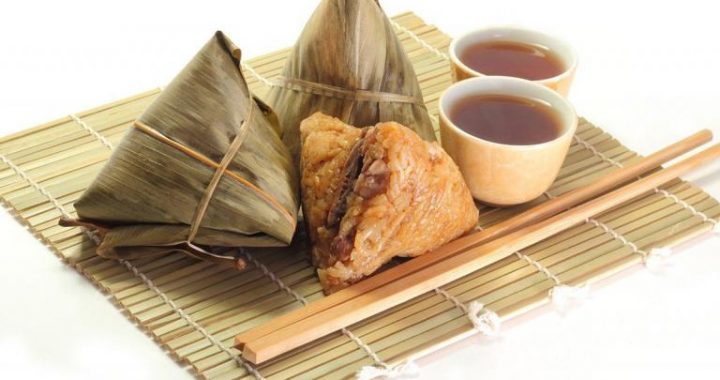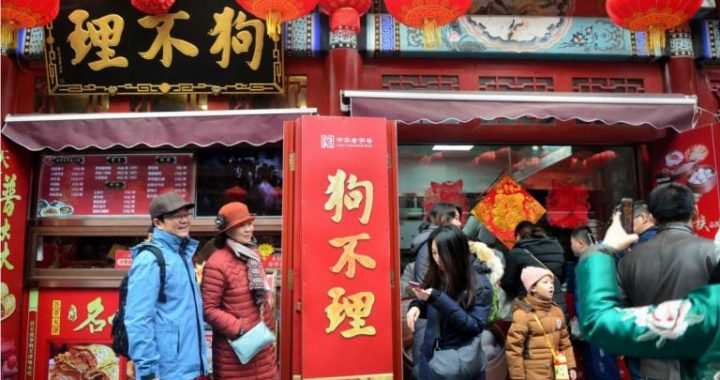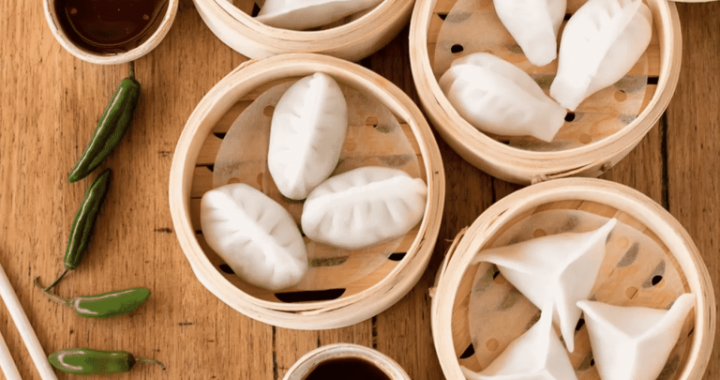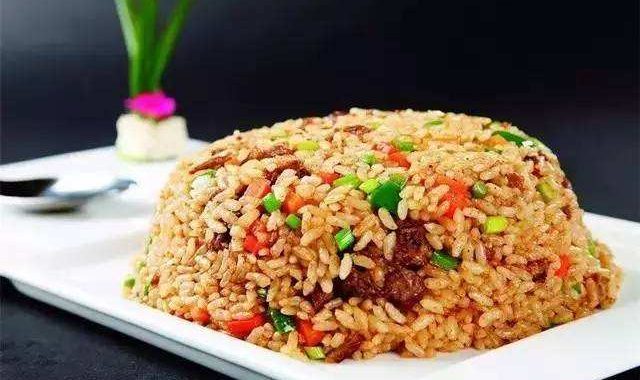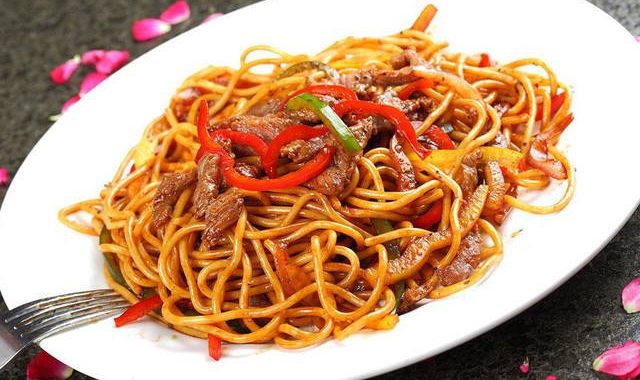Traditional Chinese Dietotherapy
3 min readGuided by fundamental theories of traditional Chinese medicine (TCM), traditional Chinese dietotherapy (TCD)(also called Chinese medicated diet) is a specialty that concerns the study of how to make good use of foods and natural nutriments as well as Chinese material medicine to preserve health, prevent and heal diseases, quicken recoveries, and slow down aging. Dietotherapy is a gem in Chinese scientific cultural heritage.

The overriding idea about food in China is that the kind and the amount of food one takes are intimately relevant to one’s health.
Food not only affects health as a matter of general principle, the selection of the right food at any particular time must also be dependent upon one’s health condition at that time. Food, therefore, is also medicine. The bodily functions, in the Chinese view, follow the basic yin-yang principles. Many foods are also classifiable into those that possess the yin quality and those of the yang quality.
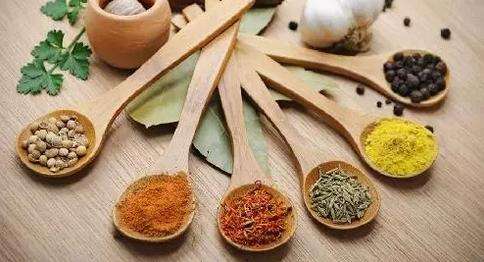
When yin and yang forces in the body are not balanced, problems result. Proper amounts of food of one kind or the other may then be administered(i.e., eaten) to counterbalance theyin and yang disequilibrium.
It is understood in TCM that like herbs, foods are also in different natures and flavors, accounting for their actions of reinforcement or reduction. Chinese traditional medicine has analyzed the properties of different foods, and divided then into fourcategories of cool, warm, hot and moderate foods. Hot and warm foods generate heat, expel coldness, warm up the viscera and smooth the channe1s. Cool foods reduce heat, detoxify and tranquilize. Moderate foods are middle way between the hot and the cool. Knowledge of the properties of foods is contributory to disease treatment and health care.
Chinese medicated diet lays stress on the whole and medicated diet is selected on the basis of differential diagnosis. It is suitable for both prevention and treatment, and it is outstanding in effect. Finally, the medicated diet is good in taste and convenient for taking. There goes the saying Good medicine tastes bitter among the people, because most of the decoctions of Chinese drugs are bitter. Some people, especially children, take an aversion to the bitterness of Chinese drugs and refuse to take them lMost of the drugs used in the medicated diet are both edible and medicinal, and retain the properties of food. This explains why the diet not only has the efficiency of medicine, but also the delicacy of food.
The Chinese way of eating is characterized by a notable flexibility and adaptability. Since a dish is made of a mixture of he ieed With the bacie nrineinleea Chines cook can prenare “Chines”dichee for the poor ae wellag the rich in timee af careita.
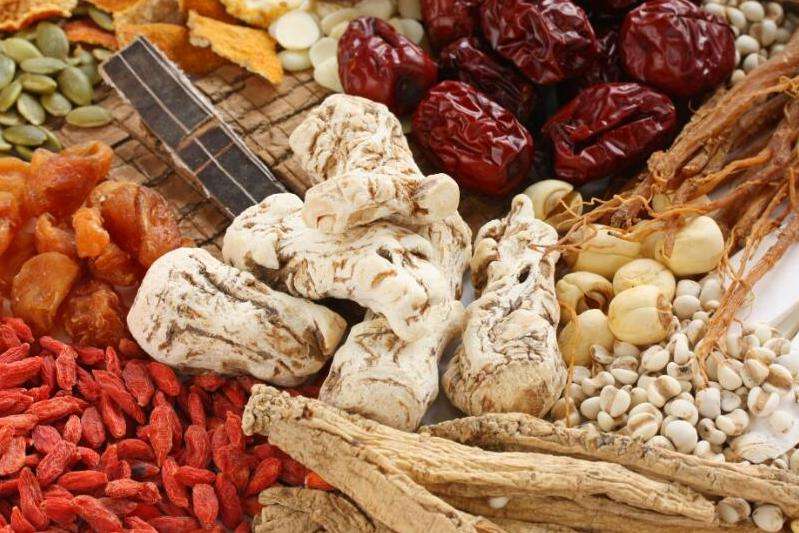
well as abundance, and even in a foreign country without many familiar ingredients. The Chinese cook the way they do because of their.
This adaptability is shown in at least two other features. The first is the amazing knowledge the Chinese have acquired about their wild plant resources. The Chinese peasants apparently know every edible plant in their environment, and plants there are many. Another feature of Chinese food habits that contributes to their notable adaptability is the large nmumber and great variety of preserved foods.
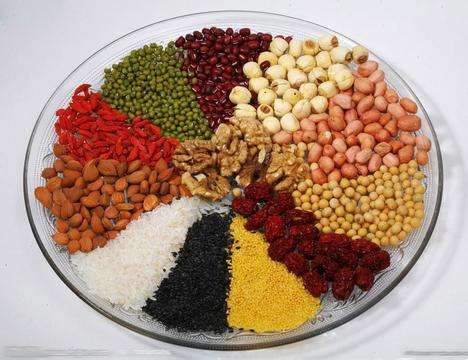
Again, with preserved foods, the Chinese people are ever ready in the event of hardship or scarcity. Perhaps the most important aspect of the Chinese food culture is the iportance of food itself in Chinese culture. Few can take exception to the statement that few other cultures are as food-oriented as the Chinese. And this orientation appears to be as ancient as Chinese culture itself.
